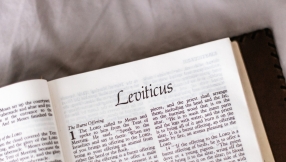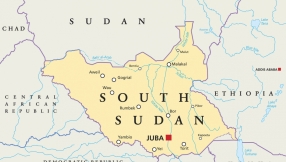Archaeologists in Israel have discovered a large building dating back to the time of the First and Second Temples and the reign of Hezekiah, King of Judah.
The Israeli Antiquities Authority has been excavating the village of Umm Tuba in southern Jerusalem. The agency said that it had found a building of several rooms arranged around a courtyard. The rooms contained numerous artifacts and pottery from the First and Second Temple Periods.
Among the items found were the seals of government officials such as Ahimelekh ben Amadyahu and Yehokhil ben Shahar, both of whom were high up in the government of King Hezekiah.
Hezekiah was the 13th King of Judah. His life is mentioned in the Bible in the books of Kings, Chronicles and Isaiah. In Chronicles it tells of how Hezekiah, together with the prophet Isaiah, prayed to God to save the Kingdom from the invading Assyrians.
The archaeologists also found a Hebrew inscription on a jar neck, dating 600 years after the seals of the Kingdom of Judah. It is believed the building was partly destroyed during the conquest of Jerusalem by the Babylonians.
The new discoveries, together with other previous finds help paint a picture of the Jewish existence in Jerusalem during the time of the First and Second Temples.
The Palestinian Authority, which wants to control both the Temple Mount and eastern Jerusalem, claims that both Jewish temples never existed.
The Temple Mount is the holiest site among Jews. The First Temple was built there in the 10th century BC by King Solomon, and housed the Ark of the Covenant. However the temple was destroyed in 586 BC by the Babylonians.
The Second Temple was built in 515 BC, however this too was destroyed in 70 AD, this time by the Romans.
Most Popular
Stay up to date with Christian TodayNews

NI conversion therapy proposal will criminalise innocent behaviour
A proposal to ban conversion therapy in Northern Ireland has been labelled "jellyfish legislation".

Renewing the old and sanctifying the new in education
Hebrew academic and Jewish scholar Irene Lancaster reflects on what society can learn from the Jewish approach to education and the importance of nurturing the soul.

Half of students think the Bible is relevant today
Is the glass half empty, or is it half full?

Lancashire called to pray for partners in crisis-hit South Sudan
The Diocese of Blackburn has forged strong ties with its South Sudanese counterpart in Liwolo.





